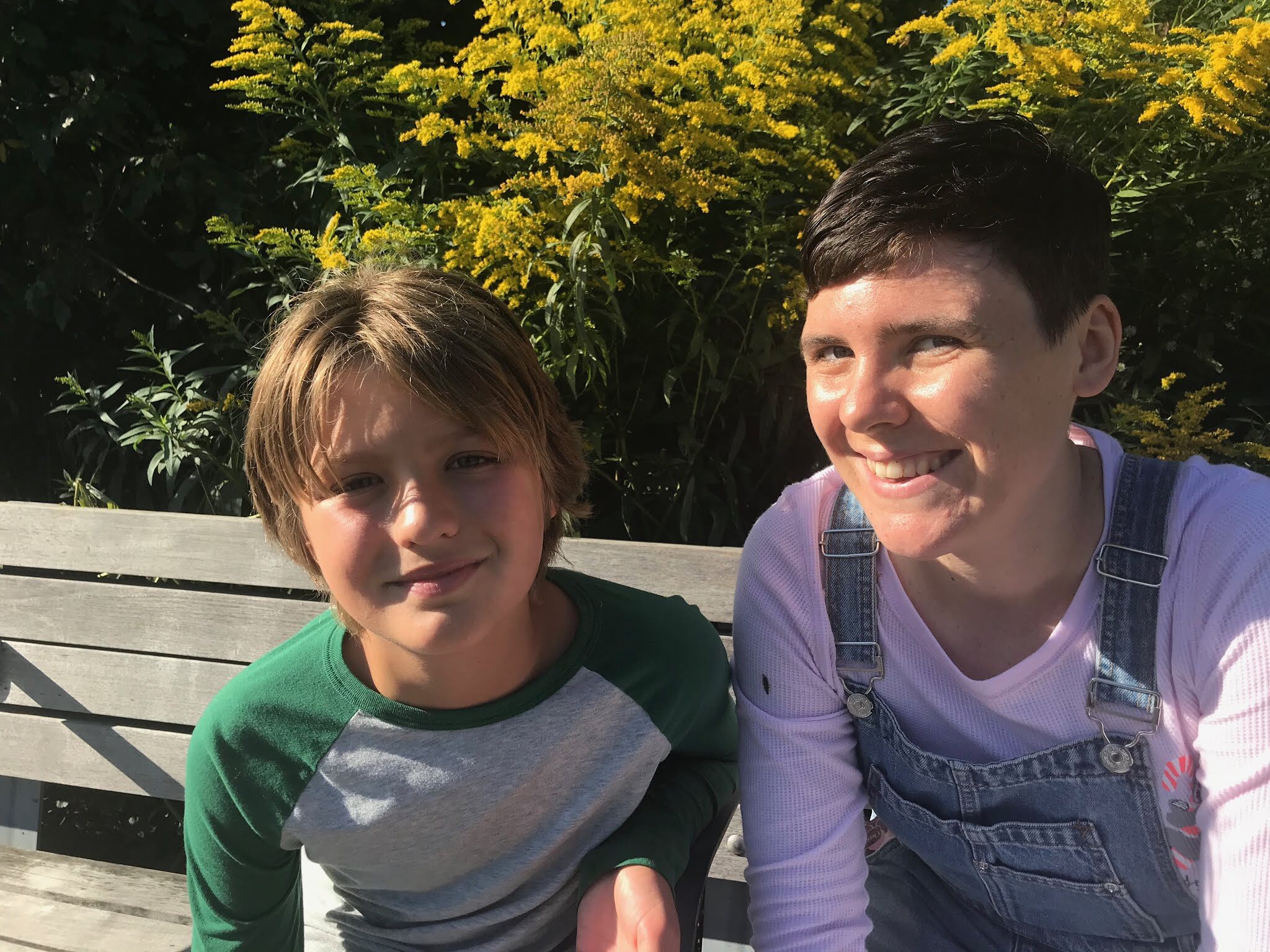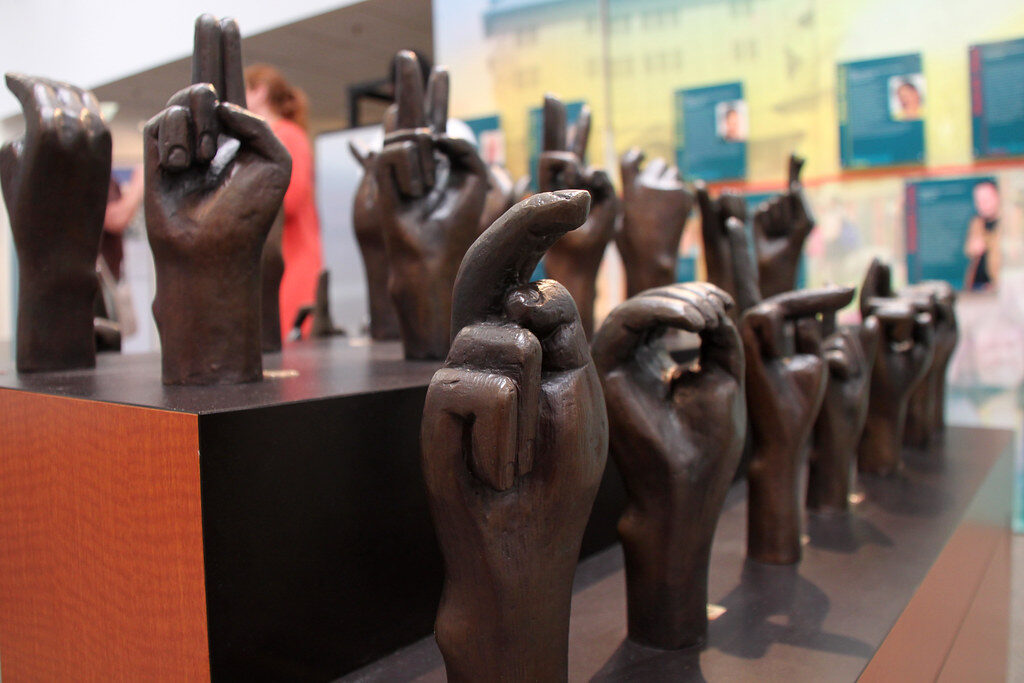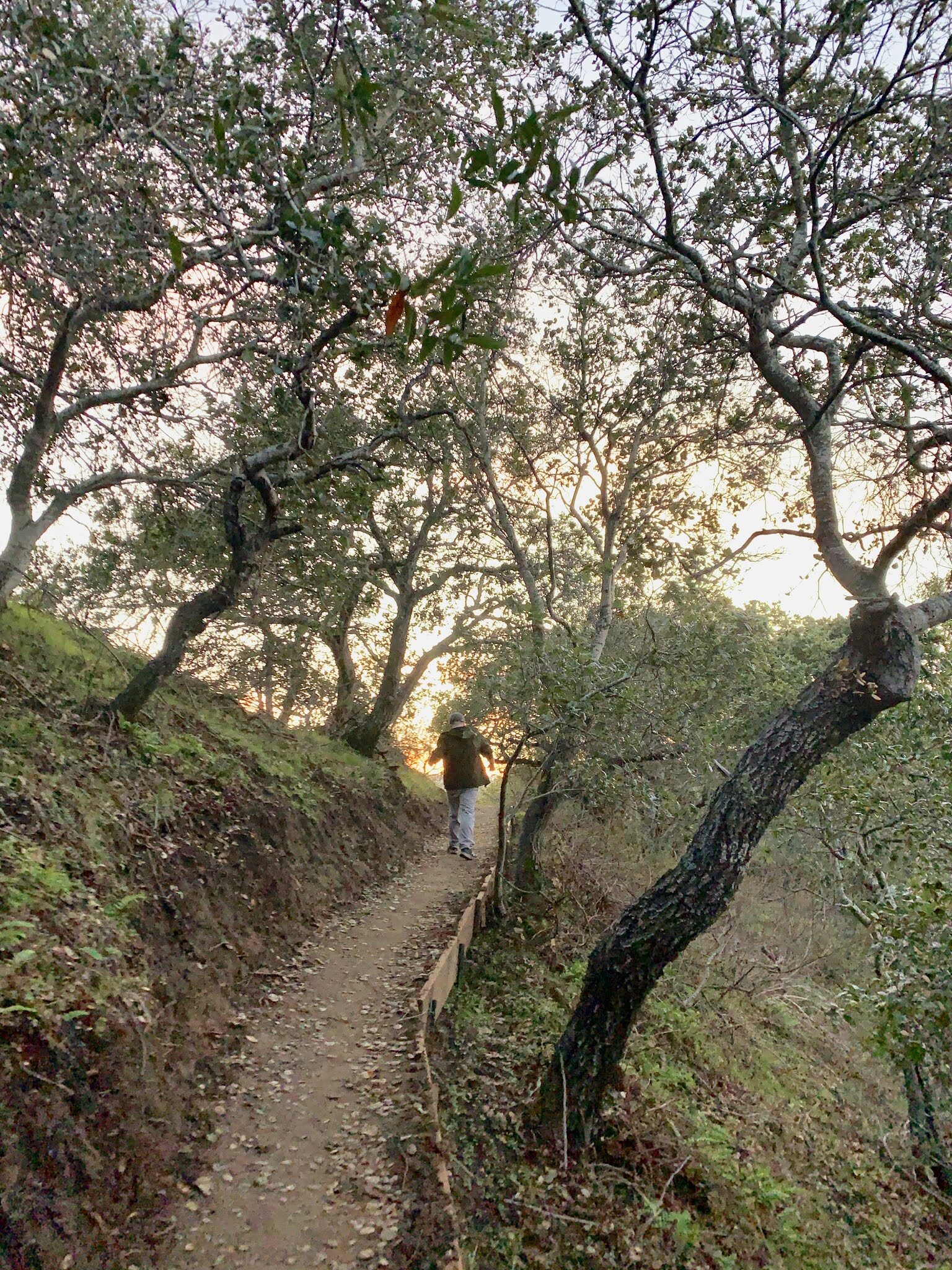We recently co-hosted a webinar on Disability and Inclusion Strategies During COVID-19 with Magical Bridge foundation, to address some of the issues disabled and autistic people and their families are struggling with right now. Jill Asher from Magical Bridge moderated, TPGA’s senior editor Shanon Rosa ran the questions, and our panelists were three disabled parents of chidren with disabilities: Our own editor Carol Greenburg, and disability consultants Anne Cohen and Deborah Vick. We hope this is the first of many useful sessions! Video and full transcript below. Jill Asher: Hi everyone. Good morning, or good afternoon wherever you are. My name is Jill Asher. I’m the executive director and co-founder of Magical Bridge. We are so incredibly grateful to have you join us today as we discuss disability and inclusive strategies during COVID-19. We hope everyone is safe and health and sheltering in place right now, wherever you are. A…
Year: 2020
This is a selection of resources for autistic and/or disabled people and their family members during the COVID-19 pandemic. Feel free to suggest more options in the comments. COVID-19 Information including Plain Language, Easy Read format, and Social Stories Resources Animated COVID19 explainer for people with developmental disabilities (Oregon Office of Developmental Disabilities Services) youtu.be/MJ8eeC-tVD4 Autism and the Corona virus (Dr. Peter Vermeulen) petervermeulenblog.wordpress.com/2020/03/16/autism-and-the-corona-virus-20-tips CDC’s COVID-19 Information For People With Disabilities: www.cdc.gov/coronavirus/2019-ncov/need-extra-precautions/people-with-disabilities.html COVID-19: Advice and resources for autistic people during the pandemic (ASIAM.ie) asiam.ie/autism-and-covid19-healthcare-information One Autistic’s Guide to Thriving During Social Isolation / Social Distancing (Marie Porter) www.celebrationgeneration.com/blog/2020/03/17/one-autistics-guide-to-thriving-during-social-isolation-social-distancing/ Plain Language Booklet: My COVID-19 Plan informingfamilies.org/covid-plan The “Now, Next, Later” autistic-specific planning strategy (Jamie and Lion) twitter.com/spacedoutsmiles/status/1241518988045230084?s=20 Thoughts from a Quarantined Autistic (Autistically Alex) autisticallyalex.com/2020/03/20/quarantined-autistic Social Stories explaining COVID-19 to people with developmental disabilities For all ages: tinyurl.com/GigisPlayhouseCOVID19story For those who live with parents: tinyurl.com/COVID19SocialStoryFamilyHome For those who live in group homes: tinyurl.com/COVID19SocialStoryGroupHome We…
Photo © Tony Cheng | Flickr / Creative Commons [image: Blue medical mask painted with a toothy, red-lipped smile.] Content note: Discussion of self-injury, self-harm, and aggression. —- Of all the varied stress bombs COVID-19 has lobbed at autistic people and their families, one of the more universal is the stress caused by routine disruption, coupled with constant close quarters. Few of us are at our best under such circumstances, so we wanted to share some advice and insights from autistic people and/or parents who are experiencing what you are experiencing about handling some of the tougher aspects, like increased tendencies towards self-injury and aggression. We also want to direct people towards our existing resources: Autistic Insights on Meltdowns, Aggression, and Self-Injury Understanding Autism, Aggression, and Self-Injury: Medical Approaches and Best Support Practices Behaviour Analysis, The Autistic Way Eleven Ways You Can Make Your Autistic Child’s Life Easier First, we…
Carol Greenburg twitter.com/autisticenough Image © Shannon Des Roches Rosa [image: Photo of six people, seen from behind looking at downtown San Francisco from atop Twin Peaks.] Now that every rule of social engagement we’ve painstakingly tried to learn has been turned upside down by social distancing, it’s not just our routines that are disrupted: It’s our whole concept of the importance of Rules. I’ve heard many parents say their autistic kids are “rule-followers” and bitten my tongue wanting to ask if they thought it’s because we’re naturally rigid, or because we’ve been undergoing compliance training for as long as we can remember. Regardless of the origin, many of us cling desperately to whichever skills that get us approval rather than admonishment. Not always a bad thing, many rules certainly do make sense in appropriate context. All we-were-made-for-this jokes aside, social distancing is a stark example of a good rule in…
Photo © Katie | Flickr / Creative Commons [image:Black-and-white photo of a person wearing a hoodie and pants, seen from behind near deciduous trees, reaching up and out to the sky.] Maxfield Sparrow unstrangemind.com In the recent WWI movie, 1917, there’s a scene where the reluctant hero encounters a woman hiding behind enemy lines, trying to shush a starving baby. The baby isn’t hers so her body is not equipped to feed it. Lance Corporal Schofield had stopped to fill his empty canteen with milk—the only fluid he could find that was safe to drink—earlier that day. Although we know almost nothing about his life at that point in the film, his words and actions with the baby suggest that Schofield is a father, himself. He gives the milk to the woman and seems grateful to be able to do so. There is a lesson here. None of us are…
“I think we all need people in our lives who share our identities”: The Power of Autistic Mentorship
Autistic mentorship means “I do my best to sift through the parents’ wishes and the child’s wishes and move forward in a way the respects the child’s autonomy while also reframing the issue the parent has presented.”
Ann Memmott annsautism.blogspot.com In the recent Lancet article The gut microbiome in neurological disorders by Cryan et al, confused researchers have mistaken reducing stomach pain for curing autism (yet again). Now, autism researchers, when was the last time you had a hurty tum? How was your behaviour? Having an ‘aha!’ moment now? Thank you. If you want a hint of the joys within the Lancet paper: it references Tomova et al’s 2015 paper Gastrointestinal microbiota in children with autism in Slovakia, which involves nine autistic children ages 2-9, in an unblinded study (meaning they knew which kids got the probiotic supplement) and parent reports of “behaviour.” Apparently after the treatment autistic children showed less “challenging behaviour” which led to the the supposition that “…appropriate… microbiota is required for normal social development.” The problem is that autism isn’t a behaviour, any more than being Deaf is a “behaviour.” The cited quest to…
Photo © Jonathan Nowak | Flickr / Creative Commons [image: Adults of varied races sitting and standing around a gaming table.] Jeff at Spectrum Disordered www.facebook.com/asdisordered I have a long history with successful autistic social groups. I started my first in 2006, and although I moved out of the area eight years ago, it remains thriving and still operates under the same general principles. I’ve started several groups in rural areas (where people tell me “there isn’t enough interested people to make this work”). Putting a social group or club together doesn’t have to be super complex, but I think people need to have a clear sense of what it is and what it is not. If you are looking at setting up your own, I would offer the following guidelines. The Social Group is the Speed Date Speed Dating is a type of get-together in which people interested in…
Photo © MrTinDC | Flickr / Creative Commons [image: Bronze sculpture of hands demonstrating American Sign Language, in the visitor center at Gallaudet University.] endever* corbin anotherqueerautistic.wordpress.com To preface: I am a hearing semiverbal autistic person who is studying American Sign Language (ASL) and using it as AAC (Augmentative and Alternative Communication). I want to talk about why ASL can be useful for some hearing autistic people. (Of course, it’s widely useful by d/Deaf/HoH people, despite oralists’ discouragement of sign languages—destroy this philosophy for all!) However, before you consider my words please look into perspectives from actual d/Deaf people, whose experiences and culture should always be centered when discussing sign languages. Here are some links to start, and there’s a more thorough list at the bottom of this article. •Dr. Vicar’s ASL instructional videos •Rikki Poynter, deaf vlogger •Andrew Parsons, Deaf advocate —- I formally studied ASL as a teenager before I…
Photo © Shannon Des Roches Rosa [image: Photo of a teen wearing a jacket and baseball cap, seen from behind, far ahead on an oaken hillside trail.] Shannon Des Roches Rosa @shannonrosa When I was in physical therapy to rehabilitate a busted knee, the kind, competent therapists tended to make small talk—which invariably meant fielding tentative, well-meaning questions about my autistic son. That gave me the opportunity to model the way I’d like other people to talk and think about him. Here’s how those conversations usually go: PT: “Autism. Um. That must be hard.” Me: “Well, my son is a very awesome person. And he’s actually more easygoing than his siblings. He’s like a lot of autistic people—it’s hard for him to be in places that aren’t autism-friendly, and it can be hard for him to communicate. But he’s a wonderful person.” PT: “That’s really interesting.” (Processes what I’ve said,…







